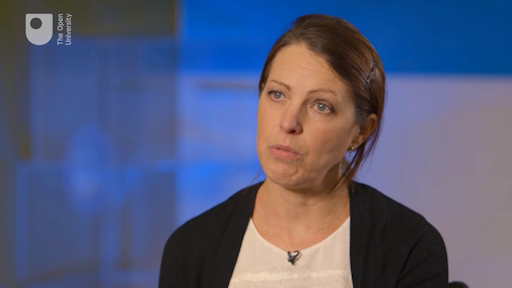3.5 Human factors in risk assessment
Risk assessment is often far from an exact science and it is important to be aware of some of the behavioural factors that can be at play. Here are a few examples:
- When assessing risks that are highly uncertain or have not happened before there is often little or no known empirical data on which to base assessment. In these cases there can be a reliance on expert judgement.
- Judgement, of course, can be subject to bias. For example, recent events may skew our perception of the probability of a risk; moreover, things that have happened to people personally (or to people they know) may be perceived as more likely to happen than they really are.
- Perceptions and attitudes to risk may also skew our perception and assessment.
Best practice is to involve multiple people and to document the basis of estimate and the key assumptions that have gone into arriving at this estimate. In this way the key assumptions can be understood and, where necessary, tested.
Take a look at the video below, which looks at dealing with undefined risk.

